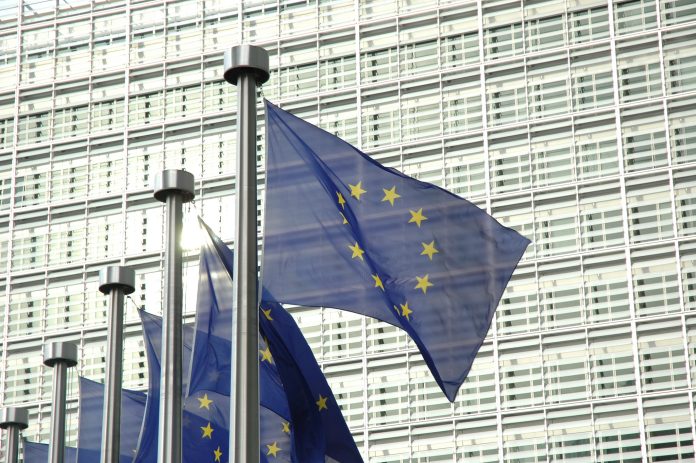The recent announcement that the European Union (EU) will lift sanctions against Cuba marks a pivotal moment in international relations, stirring discussions about diplomatic engagements, geopolitical intricacies, and the potential for a new chapter in EU-Cuba relations. The EU’s decision is often perceived through the lens of symbolic political gestures, but the nuances behind these moves reveal a landscape that is considerably more intricate.
For decades, the EU has maintained a complex relationship with Cuba, oscillating between endorsement and disapproval of its internal policies. The sanctions imposed were part of a broader strategy aimed at pressuring the Cuban government to adhere to democratic norms and human rights standards. However, the geopolitical landscape has shifted, prompting a reevaluation of these measures.
One finds it intriguing that this development coincides with a growing desire for rapprochement in international affairs, not just within Europe, but also across the Americas. The increasing economic challenges faced by Cuba, exacerbated by the pandemic and persistent U.S. sanctions, has created a sense of urgency for the EU to step in. This action could be viewed as a means to foster economic stability in the region, which in turn might enhance diplomatic leverage and cooperation.
The lifting of sanctions is not merely an act of economic benevolence; it hints at a larger strategic calculus. The EU is keenly aware of the influence that other global powers, particularly China and Russia, have on Cuba. By reengaging, the EU seeks to carve out a sphere of influence in Latin America, counterbalancing external actors that could destabilize the region or challenge EU interests. This maneuvering reflects a broader trend of nations reassessing their foreign policies in response to shifting global dynamics.
Furthermore, one cannot overlook the cultural dimensions of the EU-Cuba relationship. An emerging fascination with Cuba’s rich cultural heritage, music, and art has not gone unnoticed. By lifting sanctions, the EU is also extending an olive branch that facilitates not only economic exchange but cultural dialogue, fostering a mutual appreciation that transcends political barriers.
On a micro-level, lifting the sanctions can lead to increased opportunities for European businesses to engage with the Cuban market, stimulating entrepreneurship and innovation. With the EU’s support, Cuba could dive into the digital economy, develop sustainable practices, and diversify its tourism sector beyond traditional dependencies.
In conclusion, the EU’s decision to lift sanctions against Cuba may appear as a singular act, yet it embodies a plethora of intertwined motives—be they political, economic, or cultural. As the EU navigates this new chapter, it offers a compelling insight into the complexities of international relations, where diplomacy, human empathy, and strategic interests converge to create a multifaceted tapestry of global engagement.
